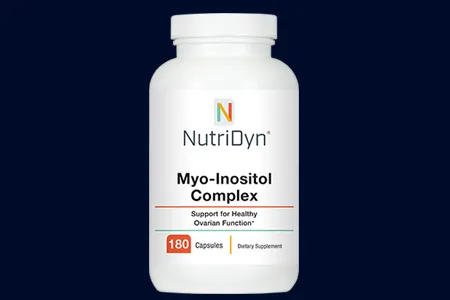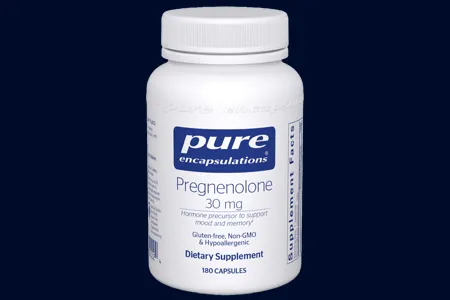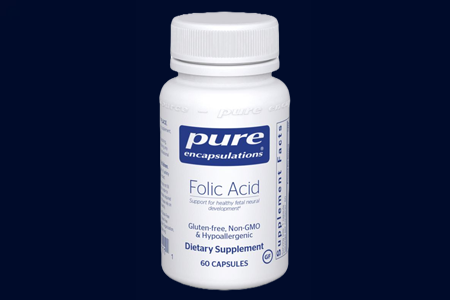Women's Health
The U.S. Department of Health established May as Women’s Health Month to bring awareness to the screenings and information that women could use to improve their health. In recent years the focus of the month has also included highlighting not only physical health but mental health as well.
Preventative screenings are a great first step to getting a handle on your overall picture of health. This can include your annual physical and other regular screenings such as PAP smears, mammograms, bone density scans, and more.
Hormones also play a large role in women’s health. There are tests our providers can recommend to measure your hormone levels and steps you can take to adjust your hormone levels if needed. You may discover that hormones played a role in answering a larger health question you have.
While May might officially be Women’s Health Month, take time to schedule an annual visit with your provider for any day that works for you!
Can You Be the Difference to Improve these Statistics?
20.4%
of adult woman ages 18 or older met the federal physical activity guidelines (2018, CDC)
45.2%
of adult woman ages 20 or older have high blood pressure (2018, CDC)
52.5%
of adult woman received a pelvic exam in the past 12 months (2017, CDC)
82%
of adult women believe pelvic exams reassure them about their health (2016, NIH)

Women's Hormones and their Role in Your Health
Estrogen: This is the big one – but it does more than just control your cycle. Estrogen helps manage cholesterol and your mood as well as supporting the heart, skin, and other tissues.
Progesterone: Primarily, this hormone aids in supporting your body’s ability to accept a fertilized egg. But even if you are not trying to get pregnant, inconsistent amounts of progesterone can cause irregular periods and weight gain.
Testosterone: Normally associated with men, testosterone plays a role in women’s health as well since too much can cause complications. This can include irregular periods, thinning hair, acne, and changes in cholesterol, triglycerides, and blood pressure.
Thyroid Hormone: Women over the age of 60 are at particular risk for hypothyroidism, where their thyroid does not produce as many hormones as it should. This can result in fatigue, temperature sensitivity, dry skin, weight gain, and other issues specific to hypothyroidism.
How Can I Have My Hormones Checked?
Integracare has providers that have completed additional training on hormones. With hormone testing, your Integracare provider can evaluate your hormone levels and make recommendations. Hormone testing may be recommended as a potential avenue to identify the root problem of a larger health issue. Talk to your provider to learn more about hormone testing.
Super Foods for Common Nutrient Deficiencies
Americans, on average, are deficient in a number of key vitamins and nutrients (vitamin E, calcium, and magnesium most prominently). But women’s bodies have particular nutrient needs to reduce the risk of osteoporosis, support the menstrual cycle, and maintain great overall health.

Kale
A high quality source of vitamin K, eating kale will help keep your bones strong while also being a source of vitamin A and C.

Beans
If you are not eating enough protein, beans can be a great option. Plus they can contribute to lowering blood pressure and blood sugar.

Yogurt
Probiotics in yogurt are great for your gut, but it is also a fantastic source of calcium. Support your bones even more by choosing yogurt fortified with vitamin D.

Water
Make a habit of drinking water every day, particularly during your menstrual cycle. It’s recommended you consume 2.7 liters of water each day (20% is usually from food).
What Screening and Testing Should Women Do?
Staying current on all of your health screenings is key to catching health problems early before they become larger issues. Often times these screenings may be covered by your insurance (call your insurance to verify). While an Integracare provider can be your primary care provider for you and your entire family, many of these screenings we refer patients to complete at outside facilities. After that, your provider can review the results with you.
Mammogram – Between the age of 45 and 54, the American Cancer Society recommends annual mammograms. After age 55, screenings become every other year.
Pap smears – These cervical cancer screenings are recommended to be completed every 3 years by women ages 20 to 65.
Colonoscopy – Patients over the age of 45 are recommended to complete a colonoscopy every 10 years.
Bone Density Test – This one can be completed in-house by your Integracare provider. Because women are at a heightened risk of osteoporosis, tracking the strength of your bones can be important as you age.
What is Included in an Annual Physical?
Your annual physical (often provided at no charge by your insurance company) covers your health history, vital signs, general appearance, heart exam, lung exam, and head to toe exam. Other women’s health screenings (like mammograms) can be completed at other facilities, though they often are not completed every year like your physical.
Supplements for Supporting Women's Health
Each of the ingredients in Myo-Inositol Complex work together to support optimal blood glucose balance since this is key to healthy ovarian function. Supports healthy menstrual cycles.
Hormone precursor to support mood and memory. Also supports memory, promotes positive mood, and is a natural precursor to over 150 steroid hormones.
Supports healthy fetal neural development and promotes the growth and reproduction of red and white blood cells.

Phone: (320) 251-2600
Fax: (320) 251-4763
Email: info@integracareclinics.com
Clinic Hours: M/W 8am-6pm & Tu/Th/F 7am-5pm
Copyright 2024, Integracare LTD, All Rights Reserved. Information on this website should not be regarded as medical advice.




